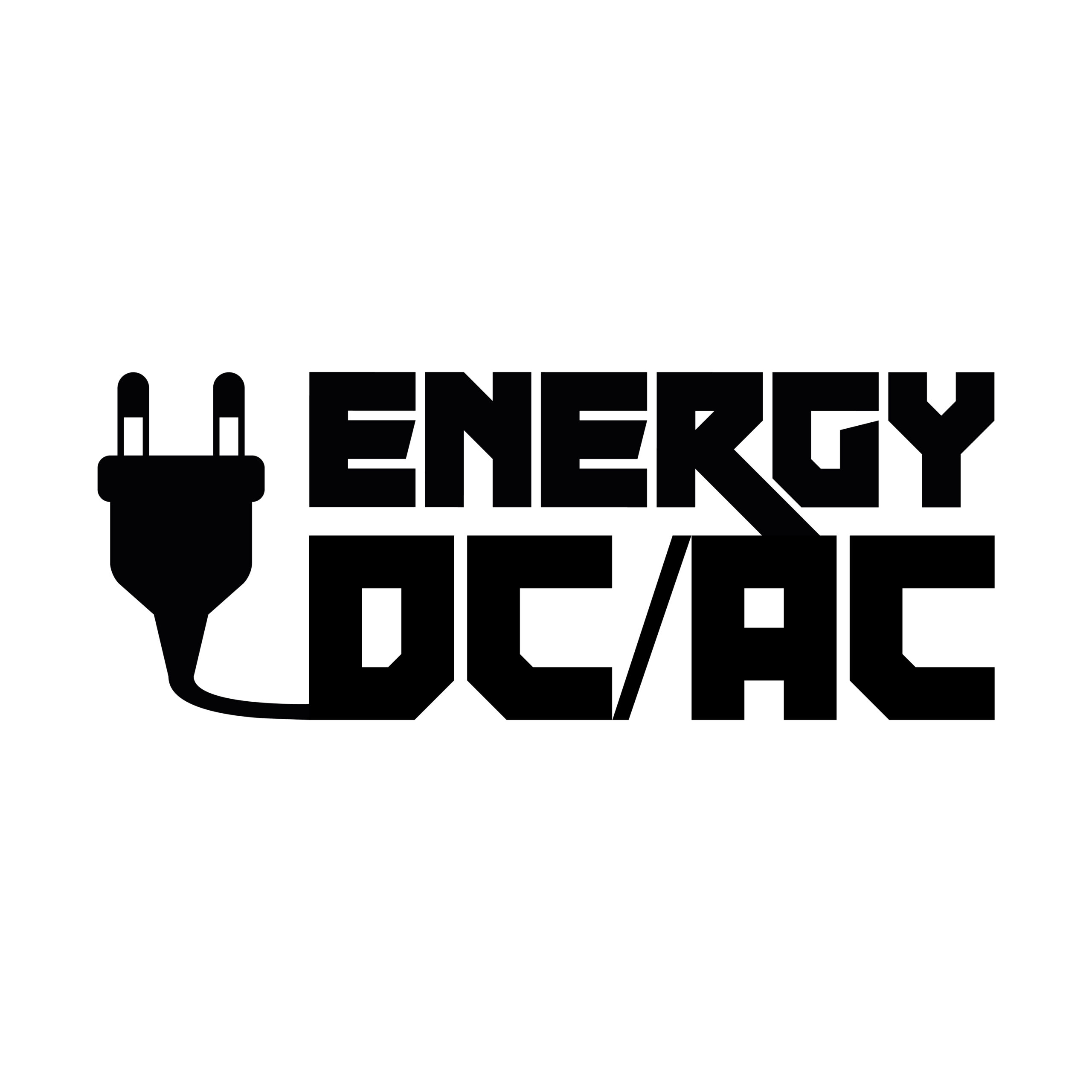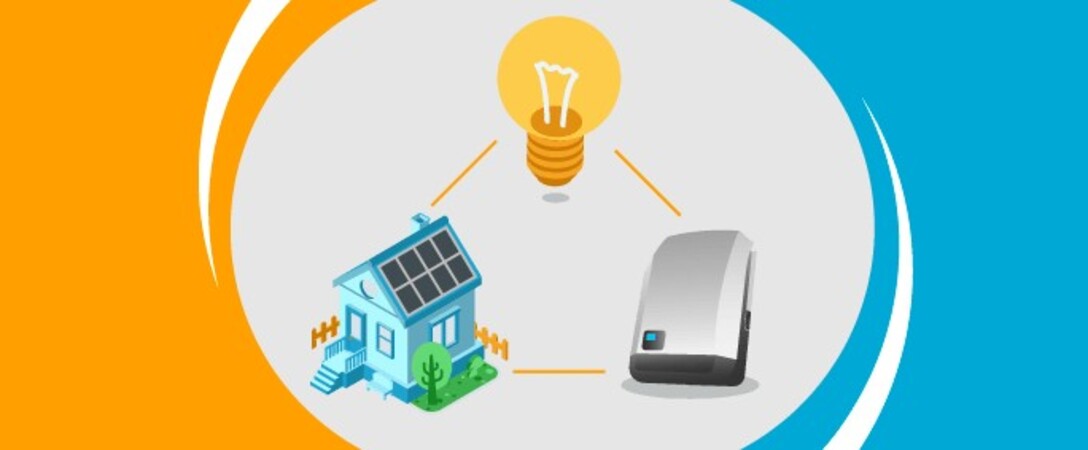Energía Solar
Solar inverter: what you need to know before buying. Part 4
This post is a continuation of the article The solar inverter: what you need to know before buying it. Part 3, which we invite you to read.
Here, we will address a crucial point: what you should look for regarding the warranty that should be provided for your inverter equipment.
Subsequently, we present a solar energy system setup to determine the parameters your inverter must meet.
With this information, you will be able to acquire the equipment that suits you best from both technical and economic perspectives. Let’s take a look!
Manufacturer’s warranty

The manufacturer’s warranty is a crucial point when purchasing an inverter or any equipment. As it provides the assurance that your investment will be protected against manufacturing defects.
In this regard, you should be aware that equipment from manufacturers offering longer warranties are more reliable. They provide better coverage in case of failure and are confident in the quality of their products.
However, it’s important to note that if the damage is due to mishandling or misuse, the manufacturer’s warranty is voided.
On the other hand, you should consider the following:
• The manufacturer’s warranty should be in writing. Read all the terms and conditions outlined in it and ask the seller if you have any doubts
• It’s very important that the warranty is extended by the manufacturer, but if its application is necessary, the seller should handle all the procedures. Therefore, it’s important to buy your solar inverter from an establishment authorized by the company
• Contact numbers and service stores should be in your country
• Clarify the details regarding return shipping costs
• Manufacturer warranties for replacement of defective equipment are preferable, as you made the effort to acquire a new solar inverter, not a repaired one
• Verify that the document provided to you contains all the indicated details and has the necessary seals and signatures. Remember that the inverter is an essential component without which your solar energy system won’t function.
So, ensure that you purchase one from a specialized brand with good after-sales service. Keep in mind that going for the cheaper option can end up costing you more.
The parameters you need to know about the photovoltaic system to acquire the appropriate inverter

Due to its high cost, you should select an inverter that you’re confident will last for many years. Therefore, the first thing to consider is choosing a brand known for its good quality.
Now, let’s assume you have an energy system with an initial capacity of 1500 W at a voltage of 230 Vac. However, you plan to acquire solar panels later on to increase the installed power to 2500 W, with a 20% reserve.
You’re considering a hybrid system, which means it should be capable of operating with grid electricity as well as solar energy.
For the initial stage, you plan to power loads consisting of TVs, computers, and general lighting LED lights. Now, if you intend to add loads with motors such as a refrigerator, washing machine, air conditioner, dishwasher, etc., as well as an induction cooktop later on.
Similarly, it incorporates a battery system. Everything related to these elements is explained in our upcoming post Batteries and their basics, which we are currently working on.
We will explain the selection of inverter parameters that meet these requirements in our upcoming article. We’ve titled it Example of selecting an inverter based on ac output voltage and power. Don’t miss it!
Within the various contents available on the energydcac website, you will find the best information on energy systems presented in an engaging and easy-to-understand manner. No prior knowledge is required to become knowledgeable – we guarantee it!
Image sources
- energydcac.com
- ypfsolar.com

